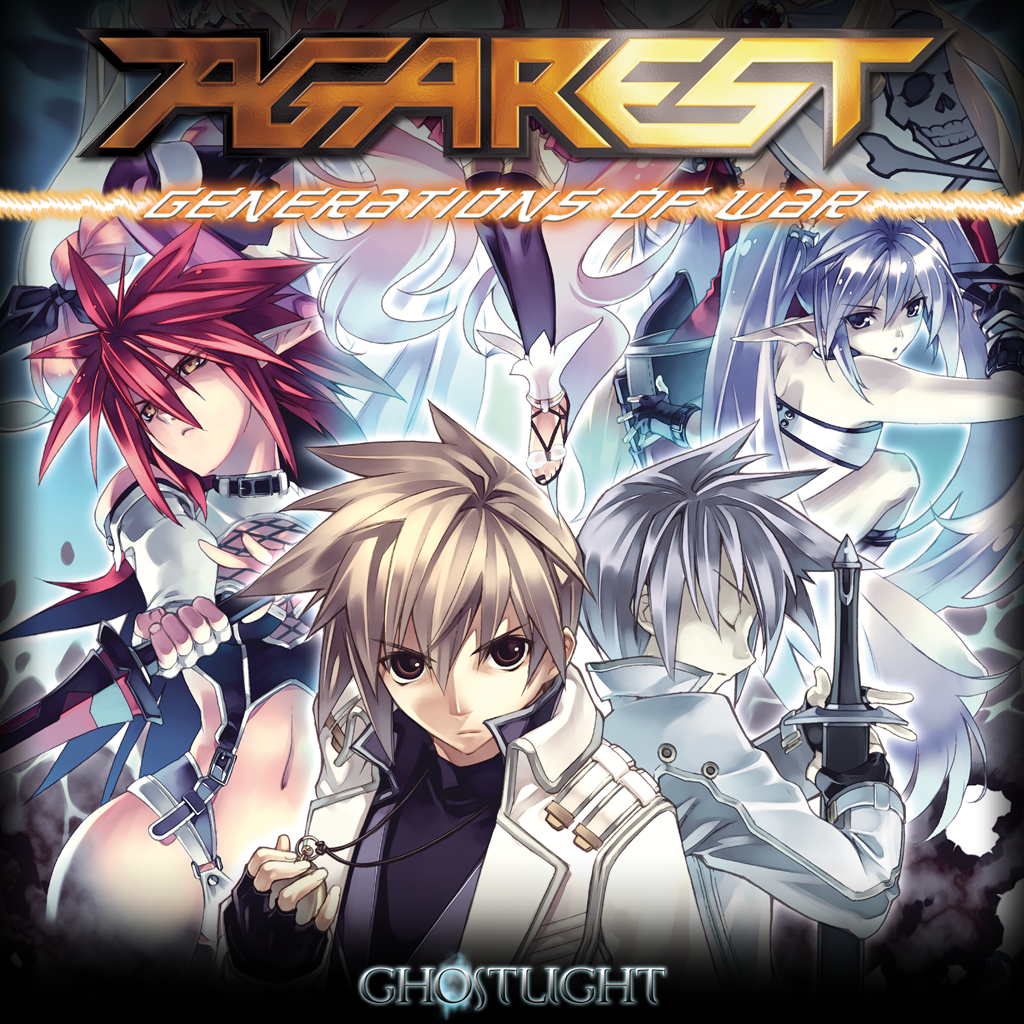
Several things conspire to let the game’s solid mechanics down however.

A great challenge is also introduced when you consider that your foes are equally capable of the same tactics if given the chance.

Each character has a set of squares around them where, provided ally characters are placed there, various combination attacks can be performed (provided you have enough action points following your movement phase that is.) It’s all fairly intricate, and there’s a real depth to the whole system as well. The main mechanic Agarest introduces is the notion of multi-character combos. It’s pretty standard SRPG for the most part, with both your team and the opposing group placed on a grid. Whilst the story may be uninspired, the game’s battle mechanics offer much much more. The characters are amusing, if a little stereotypical Thankfully, the barren story is bolstered by some well written characters and dialogue, and there are quite a few genuine laughs to be had throughout Agarest Zero as a result of this. It’s a very poor start to a sequel when the plot has barely changed since the last one and remains predictable throughout. The only difference here is that the original protagonist, Leonhardt, chooses to betray the army, whereas Zero’s protagonist, Sieghart, stays loyal. Both games start with army leaders who are killed in battle, only to be revived by a mysterious female figure who grants them new powers. Not only that, but the smaller narrative elements are almost identical to the first game to begin with. This is basically the plot of every fantasy game ever made, distilled into its core components.

The game follows Sieghart, a young commander fighting with his fellow forces of light against the evil armies of darkness, as he sets out with his companions to find four keys that will unlock a power that will end the conflict once and for all. Sadly, the game just wouldn’t let me give it a more favourable appraisal. With Ippon-Ichi’s SRPGs being amongst some of my favourite titles, and with my generally favourable disposition towards the very anime cliches Agarest hinges on, I desperately wanted to enjoy it. Sadly it proves to be a similar adventure to the first one, with an almost identical plot structure and equally similar pros and cons. Agarest: Generations of War (or Record of Agarest War as it was known in North America) returns with a new prologue story that furthers the title’s engrossing strategy RPG gameplay.


 0 kommentar(er)
0 kommentar(er)
